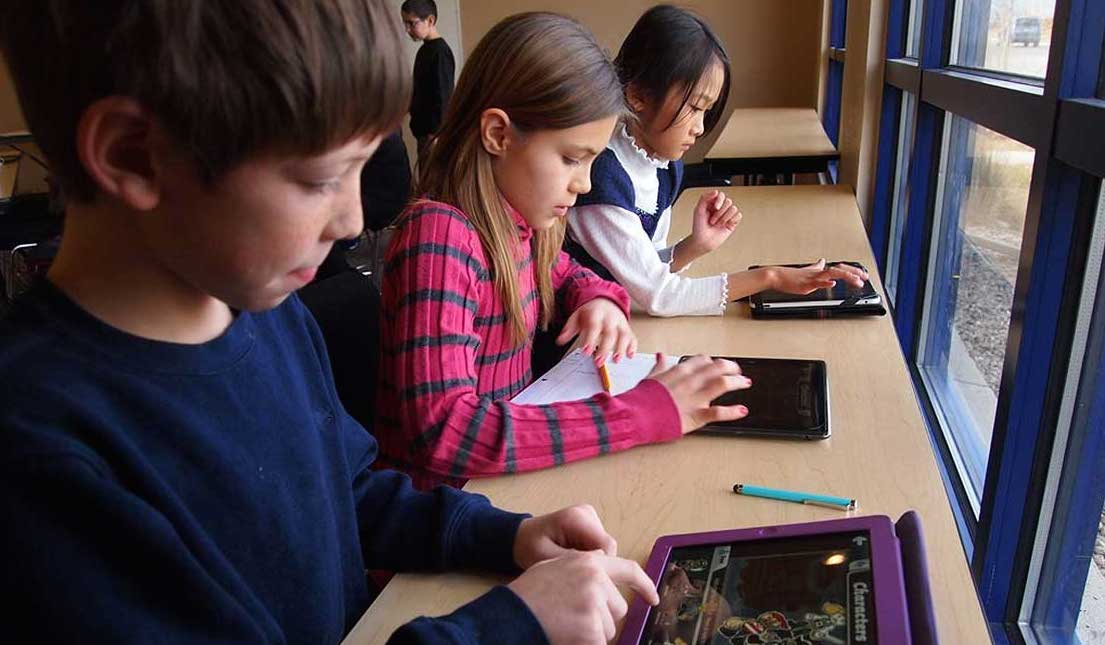
Brave new digital world of the classroom
Evelyn Lewis with Massey University’s Institute of Education and an educator with over 25 years of experience in the classroom writes of the challenges the introduction of digital technology into classrooms bring.
We need to teach kids digital life skills. By teaching these behaviours we can do our students a service.
How many of us, as adults, go anywhere without our mobile phones? As they have developed to be part of our lives we have learnt when it is appropriate to check and send messages, as well as when to take or make phone calls. By teaching these behaviours we can do our students a service.
This also applies to what students are actually able to do with their devices in lessons. We all know the internet is a potentially hazardous place. To navigate it to find accurate and trustworthy information, requires the development of digital literacy skills and critical thinking skills. These are life skills that teachers need to be able to teach their students.
Schools all too often impose draconian firewalls on their internet in the name of safety. Blocking access to internet sites deemed inappropriate for school, such as YouTube and Facebook, on the surface may be a sensible move. Rather than blocking sites, shouldn’t we be teaching our students what it is and is not appropriate to be accessing via the internet to support their learning?
Consider this. How do young children learn to cross the street? Hold hands with an adult. Stand at the side of the road. Look both ways, walk sensibly across, looking and listening all the time. As they get older and need to pass these skills onto others, we encourage them to use their judgement. See how fast the vehicle is travelling towards you. Use this to make an informed decision about whether to cross now or wait a little longer
In schools we often lock down internet access. We don’t routinely hand-hold to demonstrate how to know which sites are safe to access. That means we are not teaching the life skills of digital literacy and critical thinking as integral parts of the school curriculum.
Think about the road crossing analogy. Can you learn to judge speed without someone supporting you to do so – or do you just make a dash for it and hope for the best?
Schools are at a new place in history. Teachers no longer control access to knowledge and information – if you want to find out something, ask Google. Instead, teachers need to teach their students how to access knowledge and trustworthy information in safe ways.
Keeping young people safe in classrooms by reducing access to the world outside won’t keep them safe when they are out there. Teaching them skills they can apply when navigating the internet via digital technology can.
